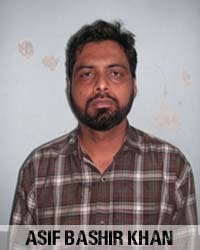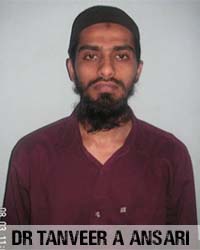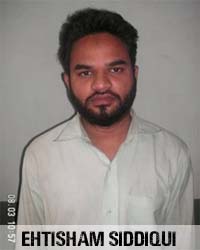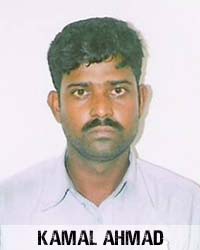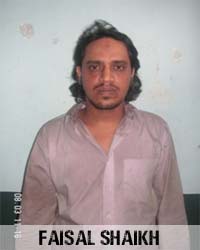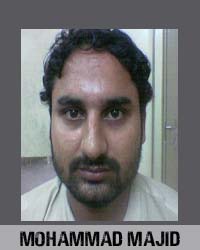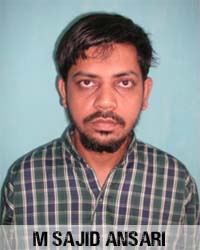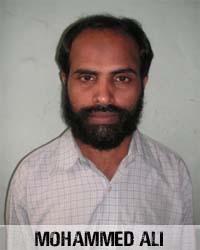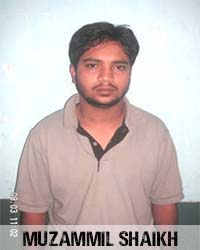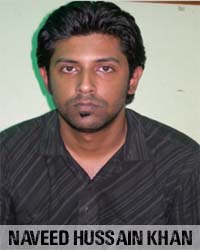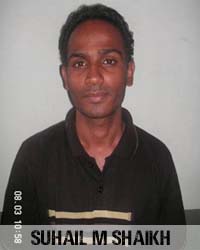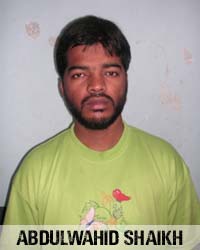Innocence Network
Our work
Reform – Innocent Network seeks to work towards minimising the instances of miscarriage of justice. Innocent people avoid wrongful arrests and convictions, police and prosecutors are given better tools to catch the real assailants, victims receive justice, and the public has greater confidence in the Innocent Network.
Through strategic legal work, policy advocacy, and public campaigns, the innocence network will seek a comprehensive legislative framework for compensation & rehabilitation of those who have been wrongfully prosecuted. It will also seek to improve case law through targeted legal work.
The Network will also attempt to seek reforms for each of the contributors to wrongful convictions – extraordinary laws that do not comply with international human rights standards, false confessions and torture, non-functioning legal aid, unvalidated and improper forensic science, informants, government misconduct and inadequate defence, and post-release surveillance.
Support: with the best years of their life behind bars and with little or no social or economic capital, coupled with the stigma attached to those who have been prosecuted on charges of terrorism, exonerees face the formidable task of rebuilding their lives as well as re-integrating into society.
Our support department will assist exonerees in various aspects, including educational, economic, and psycho-social rehabilitation. The network will also help them negotiate the intense pressures of post-release media attention as well as state surveillance through community integration and counselling services.
The Innocence Network Tribunal
People’s Tribunals are one of the most effective means of calling attention to the unrepresented and unheard voices of those wronged by the system. Towards this end, we are going to conduct the first Innocence Network Tribunal on 2nd October 2016 at the Constitution Club of India from 11 pm onwards. The Tribunal will consist of a Jury headed by a retired judge along with other distinguished members from the legal fraternity as well as the larger civil society.
While survivors of innocent exonerees have bravely led individual struggles (s), their effort would be meaningless without larger societal participation in the process of undoing the injustice done to them. The public tribunal aims to ensure that the question of justice in these cases does not remain merely legal or policy-oriented but also a moral one. The purpose of the Innocence Network Tribunal is to articulate and address the grievances of the exonerees and also ensure effective reparation so that justice is seen to be done.

